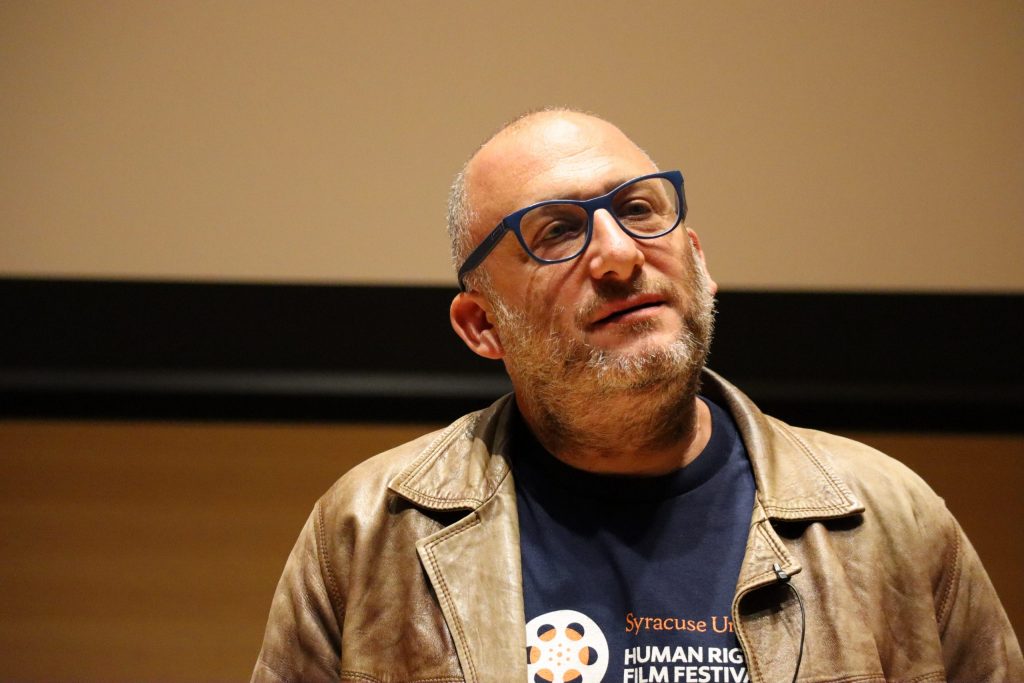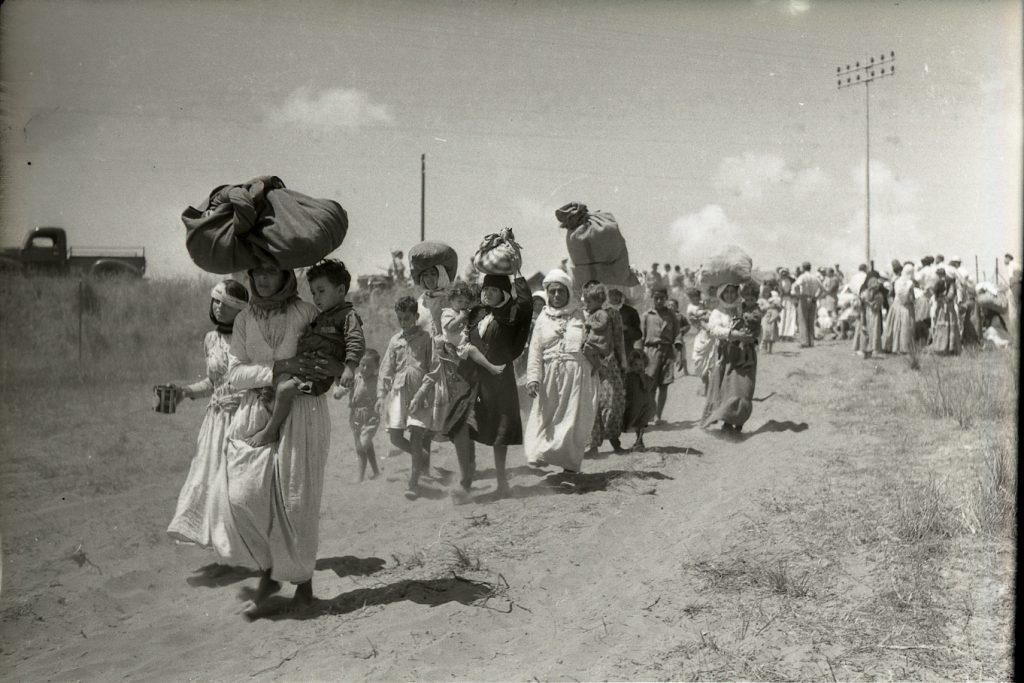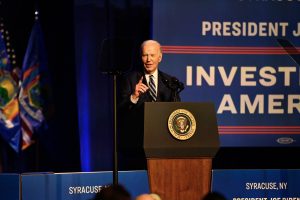Review: “Tantura” places a critical lens on history and Israeli stigmas
Review: "Tantura" places a critical lens on history and Israeli stigmas

Directed by Alon Schwarz, Tantura begs the vital question of how a country can establish justice and peace when its own founding was the result of unaddressed atrocities.
Nearly 30 years ago, Israeli graduate student Teddy Katz wrote a thesis about the alleged unnecessary bloodshed and violence in the city of Tantura during the 1948 Arab–Israeli War, which had been taken as part of an event Palestinians refer to as “Al Nakba” or ‘the catastrophe.”
The reactions of the public to Katz’s thesis were varied, ranging from quiet support of his findings to a full defamation lawsuit over the evidence he had presented. Schwarz’s Tantura is about not only the historical elements, but what it means for a people to deliberately bury the ugly parts of their history.
In equal parts, the film is centered around the original events which happened during the Israeli invasion of Tantura, the reactions to Katz’s research, and Schwarz’s own work in making the film.
As Katz’s recliner moves downwards, almost comically slowly, the truth of the film is shown: Schwarz’s face is revealed from the other side of the chair, this has become his own legacy as it became Katz’s, to unveil and document the truth.
Much like the tapes of Katz’s research that preceded it, Schwarz’s filmmaking is riddled with interviews with those who were there, with the various stories and interpretations they wish to share to the world.
Listening to the history of a place being largely told by those who wish to change it, Schwarz presents a window into the past which has kept its curtains drawn over the accumulating and obscuring dirt. The facts are present along with their explanations, yet the interpretation of these events is left up to the viewer.
Schwarz leaves in interjections during group interviews, people discussing and disagreeing on details and their own interpretation of what happened in a way which feels nearly out of place in a documentary. This act in his editing is reflective of reality, as there still remains no agreement as to the heart of the matter — the truth.
Only one thing remains certain: Palestinians were present in Tantura, and they were nowhere to be seen after the Israeli occupation began






